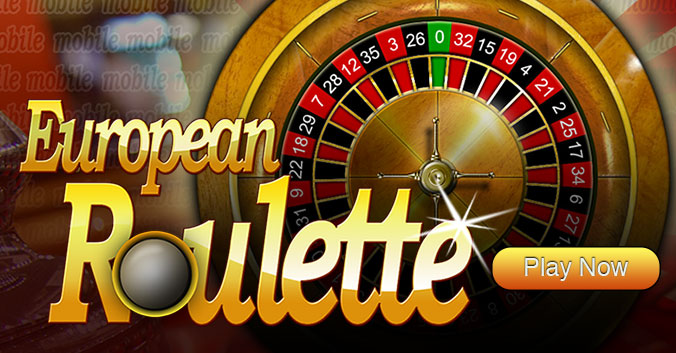The world attributes the invention of Roulette to a Frenchman Blaise Pascal. You may have heard of him, maybe not. Either way, the guy was a first-class genius. In his short life of 39 years he achieved so much and established the foundations to not just one, but several scientific theories. Being a mathematician, he also invented the roulette wheel – by pure chance. This is a short story about Roulette’s inventor and his incredible mind.
Blaise Pascal and His Obsession
Blaise Pascal lived in the 17th century France. He was a mathematician and a physicist. However, he was a lot more than that. Pascal lived with his father and two sisters. All of the children attended classes at home, under the great influence of their father – a mathematician as well.
What do you think would obsess a young scientific mind in the 17th century? Well, the same thing that obsesses those minds today, believe it or not – the creation of perpetuum mobile. Pascal’s goal was to create the machine that would run on its own once given the initial impetus. Such machine would keep spinning without the use of energy. Instead it would produce energy and continue to spin endlessly.
Roulette Wheel Invention
Given the fact that scientists still struggle with this concept of perpetuum mobile, needless to say Pascal failed at inventing this machine. Nevertheless, while working on this concept he happened to give the world the source of endless entertainment! A roulette wheel was born.
This original roulette wheel invented in 1655 was a bit different comparing to the roulette wheel we know today. It did not contain numbers, but the basis was there. It was not until 1842 that the roulette wheel with a single zero was invented, as per request from King Charles III of Monaco. The idea was to open what was then known as “gambling houses” in Monaco, using the rising popularity of the roulette game. The rest is history.
To Roll the Dice or Not to Roll?
The very name of the probability theory makes me confused. However, math geniuses around the world explore this field even today. What roulette’s inventor wanted was to solve the matter of predicting the outcomes in roulette. His thoughts on this subject lay the foundation of the modern theory of probability.
The root of his theory is in a correspondence he had with a friend Pierre de Format. They exchanged thoughts on outcome predictions, as well as on predicting the best time to bet on a dice in a game along with dividing the stakes in case the game gets stopped.
Fun Facts and Inventions
It is a sad but intriguing fact why such brilliant mind did not live longer. Many believe that Blaise Pascal, a roulette’s inventor, was just getting started and that it is a shame he died so young. Nevertheless, his contributions are immense, even after almost 4 centuries.
Let us take a look at some of the most important works/inventions that we ascribe to roulette’s inventor:
- “A pressure change at any point in a confined incompressible fluid is transmitted throughout the fluid such that the same change occurs everywhere.” Are you lost? Me too. However, this definition is known as the Pascal’s Law and it basically tells us how and why syringe works. Pascal was into hydraulic fluids and so, he invented one of the most important tools in medicine.
- Pascal studied the principles of geometry and wrote a classic called “De l’Esprit géométrique” (Of the Geometrical Spirit), where he also developed a theory of definition closely related to the concept of nature of the written and spoken language in general.
- Pascal’s theorem in projective geometry which he thought of when he was just 16, is still in use today!
- We also have to thank Pascal for the invention of the first mechanical calculator, called Pascaline. Imagine how the world would be different if there hadn’t been previous version of calculators to build upon. Furthermore, you should know that he made the prototype when he was 19 years old.
- He invented the first public transportation system in Paris. It was called “carrosses à cinq sols” and it consisted of a large carriage pulled by 4 horses, a valet and a driver – to host 8 passengers. Those carriages rode on a previously agreed routes where the passengers could get off or get on.
- Pascal had two near-death experiences and as a result became religious and wrote several theological works.
Have you tried spinning the wheel at the bet safe and crypto friendly Yabby Casino?



